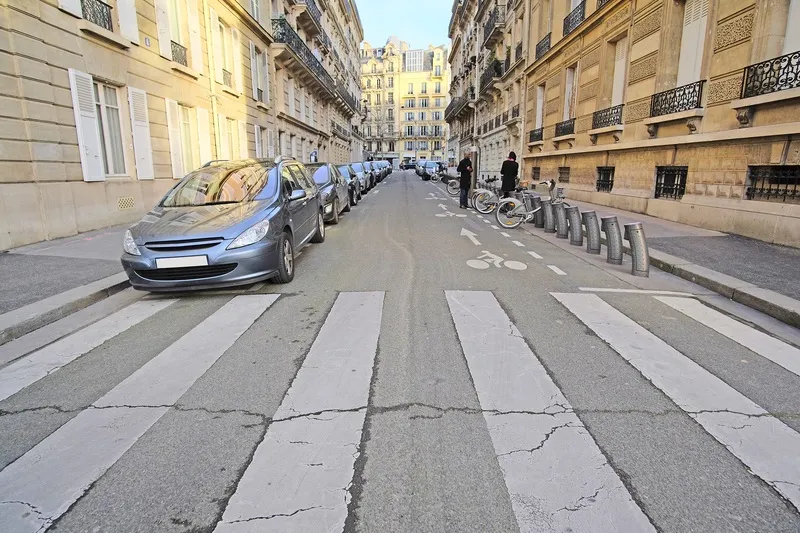
How politicians can pursue sustainable transport policies - but still be re-elected - was the key focus of last week's annual Polis conference.
"The status quo is no longer viable, and a transition to more sustainable, more equitable and smarter transport in cities and regions is vital," says Polis - the network of European cities and regions working together to develop innovative technologies and policies for local transport - in a statement.
"Yet, many fear sustainability agendas and political success are incompatible. How to decarbonise and decongest our cities, while securing a second term, is the question on everybody’s lips."
Mayors and deputy mayors from various European cities came together in Leuven, Belgium, to share best practice,
Yet dealing with potential backlash from voters - and getting their buy-in - is perhaps not as difficult as politicians might think, thinks Stefaan Walgrave, professor of political science at the University of Antwerp.
“Politicians overestimate the resistance to sustainable policy measures, including sustainable mobility policy measures," he says.
“But in the long run, politicians do win with sustainable policies. Once people get over their cold-feet responses, once the policies are actually implemented, many people will probably agree after a while that this was the best choice and that their lives have become better and not worse.”
A panel of deputy mayors from Polis cities and regions took to the stage for the final plenary session.
"As politicians we must inspire and include our citizens and stakeholders to see the benefits. They have creative solutions for sustainable mobility. So therefore, it’s necessary to work together, but also show leadership towards the future," says Eva Oosters, Utrecht's deputy mayor for zero-emission mobility.
“Changes in transport that improve sustainable forms of mobility and the quality of life can no longer be imagined otherwise after a short time. However, the moment of disruption is often critical for politicians, as a few voices in particular become loud and dismissive. For this reason, good communication and participation formats are needed to shape the transport transformation together with the people,” says Elke Zimmer, state secretary for Ministry of Transport, Baden-Württemberg.
“Sustainable urban mobility is the only way to increase quality of life, reduce accidents, increase inclusion and keep growing cities accessible. Which local politician wouldn’t want this? But apparently, to invest in sustainable urban mobility, only progressive local politicians dare to look at the position of the car in this story,” says Filip Watteeuw, deputy mayor for mobility, City of Ghent.
"Many residents are concerned about climate change, but climate policy is often perceived of as abstract. Sustainable urban mobility is a vision that is both hopeful and tangible. We present a solution that lowers emissions while creating a city with more efficient commuting, fresher air, more greenery, accessible waterfronts and vibrant pedestrian streets. We offer voters a positive vision for the future,” says Lars Strömgren, Stockholm deputy mayor for mobility.
Eugenio Patanè, Rome's deputy mayor for mobility, listed the coming challenges: "All modes of transport with an integrated MaaS approach, great last-mile shared service for city users, transformation of road spaces to active mobility, breathing better air, helping Rome regain its greatness."
This year's Polis Award - for a city or region which has championed sustainable urban mobility and supported peers on their own journey - went to Groningen in the Netherlands, for its "forward-thinking approach to sustainable mobility" and its "long-term dedication to a cleaner, fairer and smarter city".










